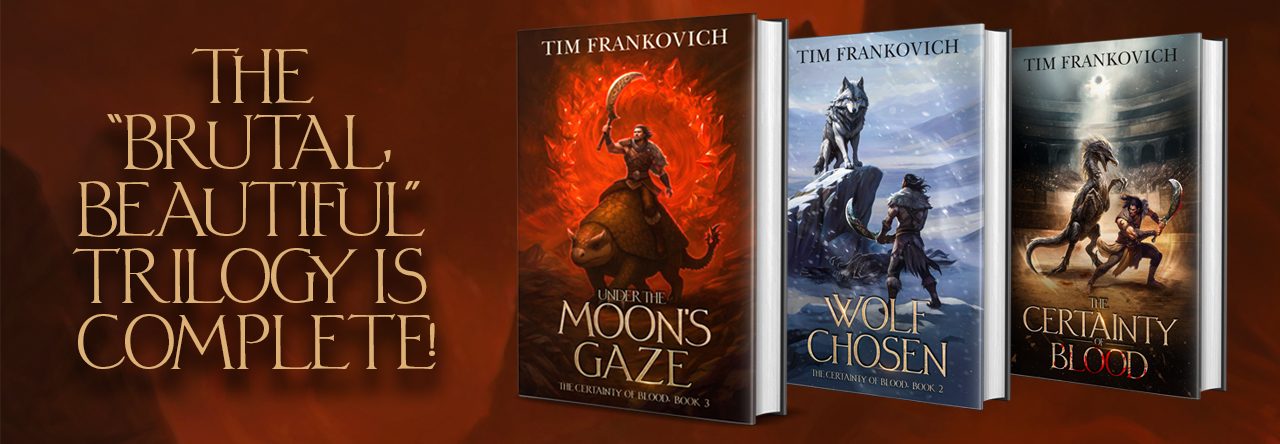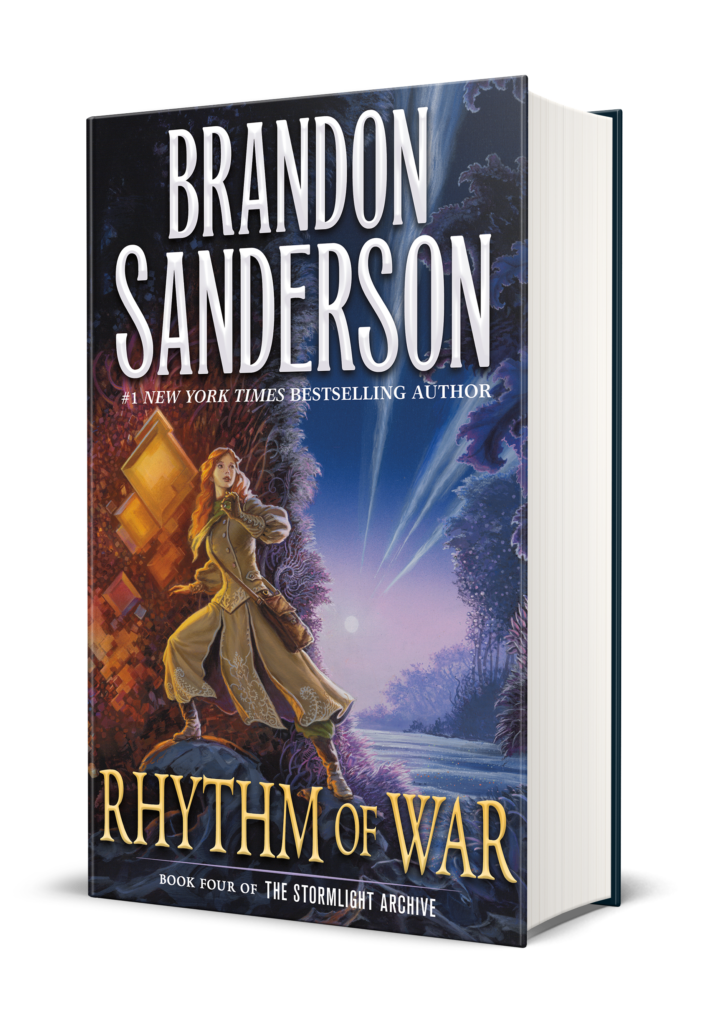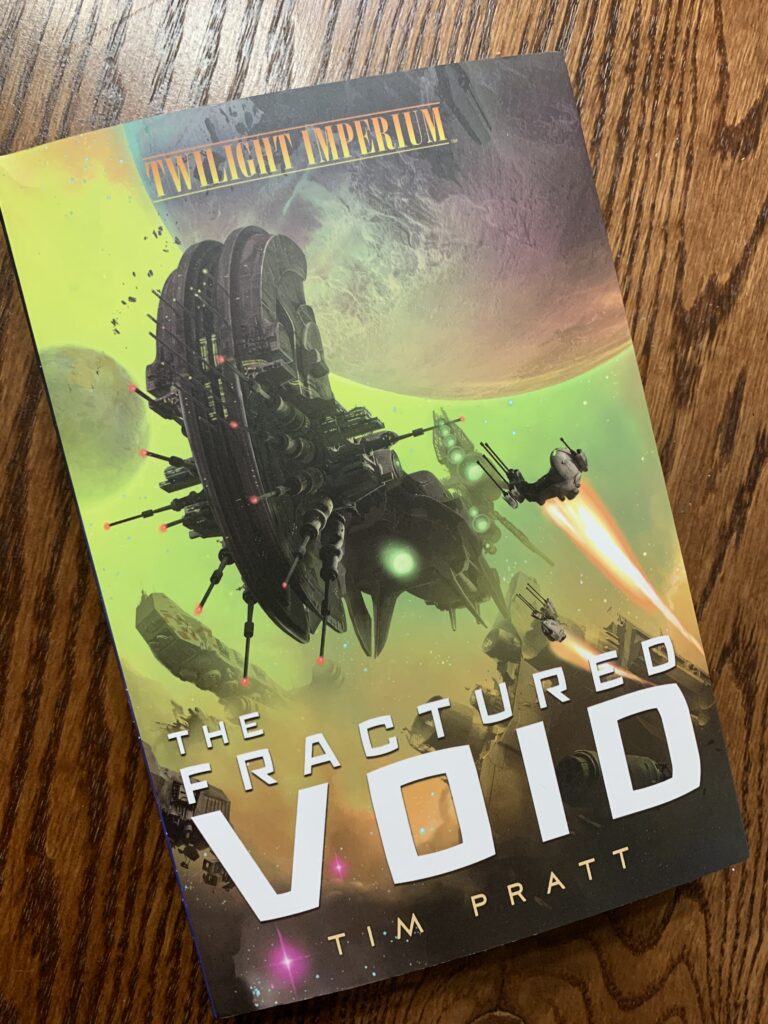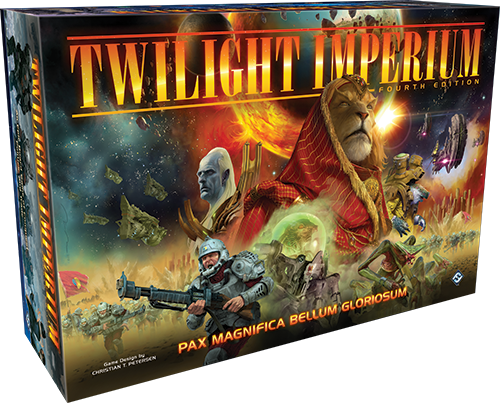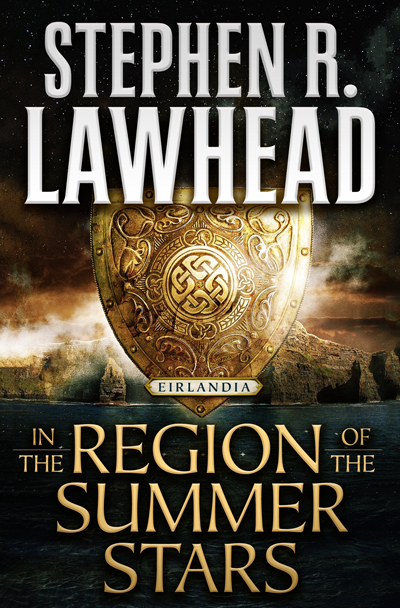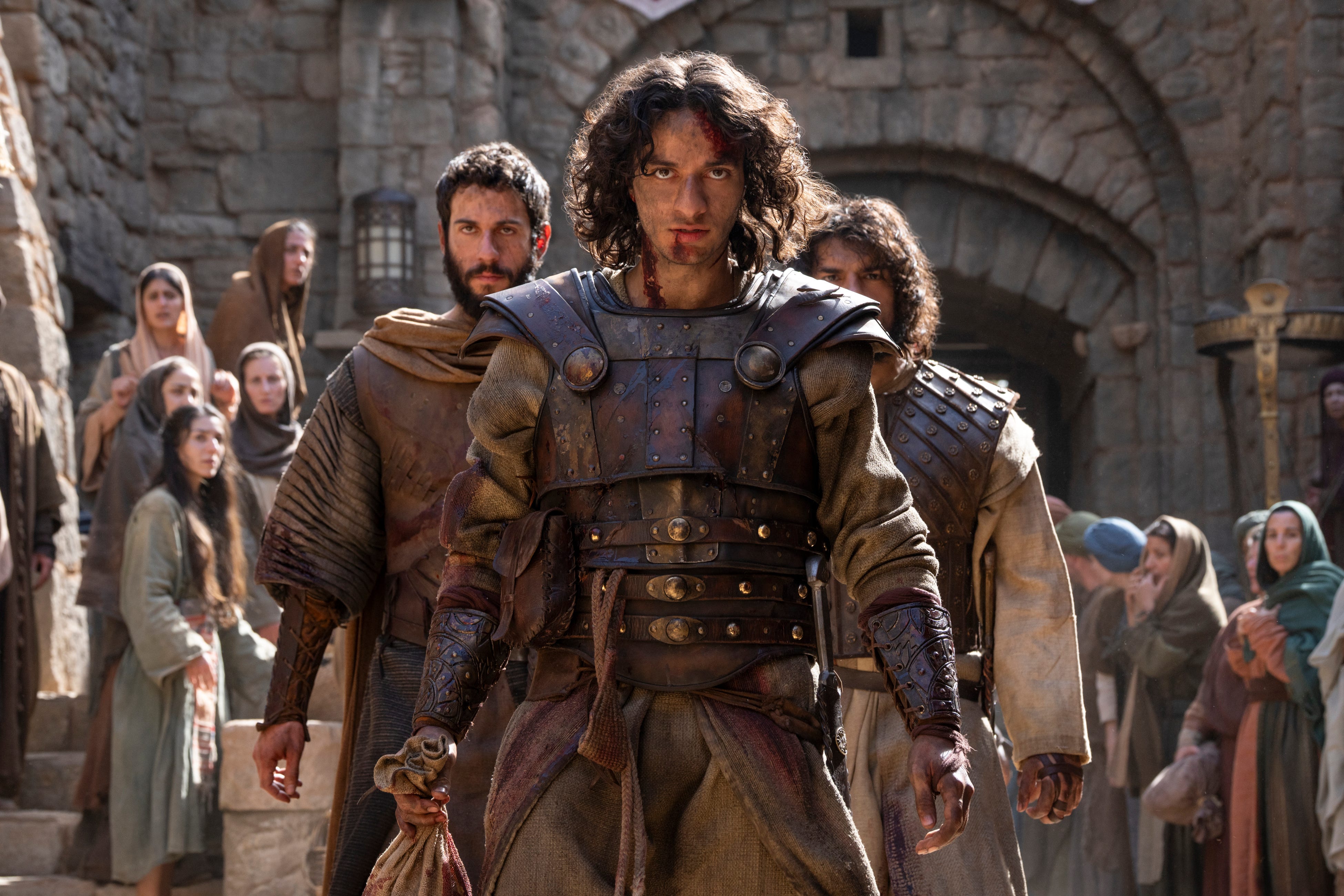
Introduction:
The Amazon/Wonder Project show, House of David, has now completed its second season. Far and away, it is the best adaptation of the David story that I have seen. I’ve loved this story my entire life and always been disappointed by adaptations. This one is not perfect, but it’s the best yet.
For starters, it is an adaptation, not a verse-by-verse conversion. I see people griping about things like this all the time, saying things like, “why can’t they just show it like it is in the Bible?” Because that doesn’t work for visual media. The Bible is not a novel, and it’s most certainly not a film script. If you tried to film the life of David using solely what is written, most characters would never speak a word. Michal, the love interest for these two seasons, would not talk. King Saul would only have a handful of lines.
With that out of the way, let’s discuss the things I loved, liked, disliked, and hated.
Things I loved:
• They got Jonathan right. This has been a struggle for so many previous attempts. I don’t know why it’s so hard for writers to understand the relationship between best friends. In this case, they did it right, and that one aspect is strong enough for me to forgive a lot of other problems.
• Samuel was also brilliant. Every time he’s on the screen, the show goes up a notch. A huge part of that is due to the outstanding acting of Stephen Lang. Another part is the next thing I loved:
• The show is not afraid to embrace the supernatural side of the story (most of the time*). Prophecy, curses, anointings, giants and gods fill the story. Many previous adaptations have skimmed over these or ignored them altogether.
• The expansion of secondary characters is well done. The creators gave interesting storylines to people like Eliab and Eshbaal. These arcs fit in with the overall story and add to the primary themes in surprising ways.
• Goliath was awesome.
Things I liked:
• King Saul makes for a compelling and tragic figure, so convinced he’s right when it’s so obvious he’s not. His character forms the hub of a list of relationships that create so much of the show’s tension. The relationship with David is not the least of these, showing how these two men actually did care about each other at the beginning.
• While the show’s title is House of David, these two seasons actually focus primarily on the house of Saul and, to a lesser extent, the house of Jesse. The way parents and brothers and sisters all interact is one of the key factors propelling the entire storyline. These family relationships create intrigue, heartache, and surprising hope at times.
• Abner is great.
• King Achish of the Philistines is an interesting recurring character.
Things I didn’t like:
• I’m disappointed we haven’t gotten introduced to more of David’s mighty men, e.g., Benaiah, Abishai, and the Three. I have hopes we’ll see them in season three, but at the same time, we get…
• Name-drops. I’m fine with introducing Uriah early, though I’d rather have the warriors I just listed. And introducing the witch of Endor is okay, if a bit over-the-top. But name-dropping Bathsheba was just wrong. We’re still something like eighteen+ years from David’s affair with her. She might not even be born at this point!**
• In the episode at the tabernacle, Samuel is shown wearing the ephod and entering the holy place, fulfilling the role of high priest. Not only was Samuel not the high priest (Ahimelech, the actual high priest, is right there!), he wasn’t even a priest! He was a Levite, and not from the line of Aaron.
• Every so often, there are some poor graphics. I know there’s a controversy over the use of AI for them. Setting that aside for a different conversation, there are some bad crowd scenes. Even so, it’s better than virtually all other “Christian” movies or shows.
• I don’t understand the move of season two into a new streaming channel and charging more. If your goal was to attract non-religious viewers, you just shot yourself in the foot. Why would they pay extra to check out your show? It seems like a foolish move, since now only the biggest fans (like me) or the die-hard “Christian consumers” will watch it.
Things I hated:
• One of my biggest gripes with The Chosen show is anachronistic dialogue. House of David managed to avoid that for the most part. But in season two, a couple of horrendous lines cropped up. “What does your heart tell you?” – said no Hebrew ever. And “We must live in our truth.” Ugh. Bad philosophy AND bad dialogue. Please leave this kind of nonsense out of a show set three thousand years ago.
Conclusion:
The show runners have stated that season three will complete the arc of “the rise of David.” I’m assuming that means season three will cover all of David’s time on the run. I’m a little disappointed, as that time period feels like it could include several seasons’ worth of stories. (The time at Ziklag alone should be an entire season!)
That being said, my family and I will all be sitting down to watch every episode. It’s a show that all of us can enjoy together and talk about long after the TV has gone dark. It’s not just a good “Bible” show; it’s a good show.
*Uriah telling David, “our gods are stone; yours is alive” felt a little odd after all the other supernatural acknowledgement.
**Bathsheba and Uriah had no children yet at the time of David’s adultery, indicating they had not been married very long. And Hebrew women married in their early teens, regardless of the age of the man.
